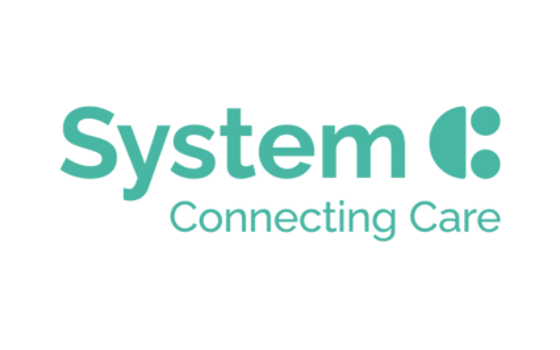 North Bristol NHS Trust has successfully and safely fast-tracked the roll out of a series of digital tools to clinicians to help in their response to COVID-19.
North Bristol NHS Trust has successfully and safely fast-tracked the roll out of a series of digital tools to clinicians to help in their response to COVID-19.
Over 3,500 clinicians went live with the CareFlow instant messaging and care co-ordination app to aid collaboration in and between teams, facilitate electronic handovers and share clinical photos, with more clinical information for patient care in one place to improve decision making.
Soon after, the Trust went live with CareFlow e-observations in just nine days. There are now over 1,400 users of the system, and together they have taken more than 58,000 patient observations electronically across 4,100 patients.
The two systems are linked and the latest National Early Warning Scores (NEWS2) feed through into the team-based care co-ordination app; this means all members of a team caring for a particular patient have the latest information available on desktops or mobile devices. This is proving particularly beneficial if staff are on a different ward, off site or on call to enable them to make informed decisions and respond remotely.
Melanie De Witt, chief nursing informatics officer, North Bristol NHS Trust, commented, "This has been a major project driven by a clear patient safety benefit and delivered with a true team spirit. Everyone, from our trainers to the frontline staff, has taken digital change in their stride during what have been extraordinary times. I’m delighted with this transformative step in the Trust’s digital strategy."
Adoption of the new system in the Trust's Intensive Care Unit has proved valuable during the pandemic. The CareFlow care-coordination app provides up-to-date clinical information including observation data that is accessible remotely, assisting the clinical team prior to reviewing deteriorating patients on other wards.
Handovers are faster which is helping during challenging times with increased patient numbers and staff working longer shifts. To date, CareFlow has been used to complete 278,000 handovers and send 23,000 care coordination messages and tasks amongst teams.
Vascular surgeons are using the picture messaging capability to provide an easily accessible record of the wound for post-surgical patients so that the patient is spared unnecessary discomfort during dressing removal whether in hospital, at home or in the community.
The Hospital at Home team is also using picture messages to allow swift intervention from senior clinicians to help reduce readmission rates, an especially significant benefit during the COVID-19 crisis. A study of benefits will be published later in the year.
CareFlow e-obs has replaced paper processes and is now providing an essential digital tool for the identification of deterioration of adult patients and giving whole hospital visibility of patient acuity.
Staff distributed 650+ iPads making the mobile system available to staff at a patient's bedside.
Next step plans include refining emergency department referral processes with CareFlow's referral feature.
Markus Bolton, joint chief executive, System C, remarked, "What North Bristol has done in the timescales is excellent and shows what can be achieved with that level of engagement and can-do approach. I'm pleased we could support the Trust to meet its ambitious plans at a critical time."
About System C
System C is the UK's leading health and social care software supplier. Its products include the CareFlow (formerly Medway) electronic patient record and associated products, mobile clinical support solutions, CarePlus Child Health and the Liquidlogic range of social care software.System C is part of the System C & Graphnet Care Alliance, a strategic alliance offering IT solutions that allow for the integration of health and social care services across whole care communities and STP areas.
Our solutions use leading-edge technologies - including mobile, wearables, instant messaging and machine learning - to radically redesign services and the way clinicians and patients interact together.